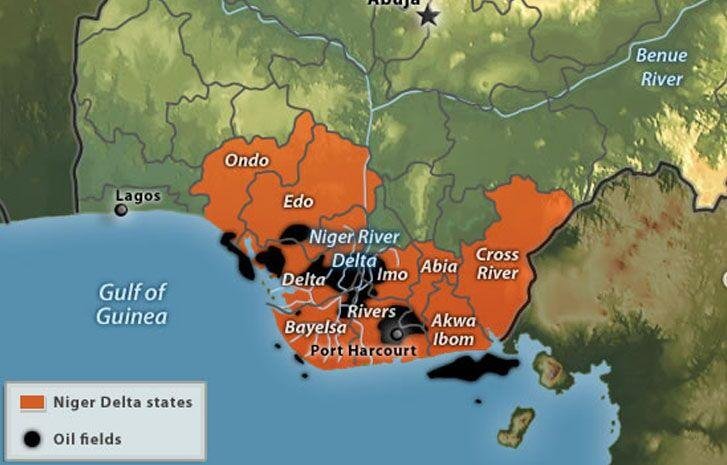The Media Awareness and Justice Initiative (MAJI) said it has commenced deployment of air quality monitoring devices to collect empirical data to support climate action activism towards addressing oil pollution and climate change.
Executive Director of MAJI, Mr Onyekachi Okoro stated this at a preliminary consultation and interactive meeting with stakeholders on the effect of climate action in Nigeria held in Yenagoa on Friday
Okoro explained that MAJI, an environment focused Non Government Organisation (NGO) has so far deployed some 30 air quality monitoring devices across oil communities prone to oil pollution at the pilot stage to collect and transmit real time empirical data on measurement of air particles from the field.
He said that the project tagged Strengthening Data For Climate Action in Nigeria (SD-CAN) is supported by funding from the United Nations Democracy Fund and will train stakeholders in the use of the devices to monitor the environment.
He said that MAJI is collaborating with the National Oil Spills Detection and Response Agency (NOSDRA) and has trained officials at the Port Harcourt Zonal Office of the agency on the workings of the devices used to monitor air quality across the world.
Okoro who is also a filmmaker and environmental crusader noted that the introduction of technology in data gathering on environmental variables like air particles,carbon emissions and toxicity will strengthen the arguments for environmental justice often dismissed as mere emotions and lacking empirical evidence by polluters who escape liability due lack of credible data evidences.
Read also:
- Bauchi SUBEB sacks area education officers
- NGO commends Kano for prioritising girl-child education
- Hope rekindled as NELFUND opens access to quality education
Representatives of the academia, media, oil community leaders, NGOs regulators and Bayelsa Ministry of Environmental participated in the interaction.
The participants examined the challenges around data collection, data quality, integrity and access and recommended collaboration amongst the stakeholders to overcome identified challenges.
Mrs Maria Olodi-Osuma, a Media Professional urged the stakeholders to evolve strategies that would leverage on the competence and experience of journalists who cover the environment rather than relying on untrained hands who used the social media to disseminate unverified information that lack credibility.
She noted that perceptions by the stakeholders about the impact of the media in raising awareness on climate change is born out of lack of knowledge as the media practitioners were doing their jobs amidst various challenges including risks to lives and personal safety.
In his contributions, HRH David Osene, (Ogbolo XI) Paramount Ruler, Elebele Community, Ogbia LGA in Bayelsa regretted the historic neglect of the environmental hazards faced by residents of oil communities.
According to the traditional rulers, several oil and gas leak incidents have been swept under the carpet on the grounds that the evidence presented by the communities were not scientific and therefore denied compensation and remediation.
Osene applauded the efforts by MAJI to strengthen the capacity of communities and stakeholders to collectively advocate for environmental justice.
He pledged to mobilise women and youths in his domain during the training phase of the MAJI project at the Kolo Creek Oilfields.
Also Mrs Grace Orumiefa, Chairman of Bayelsa chapter of National Association of Women Journalists urged MAJI to ensure that oil firms operating in the Niger Delta region to be part of the project.






